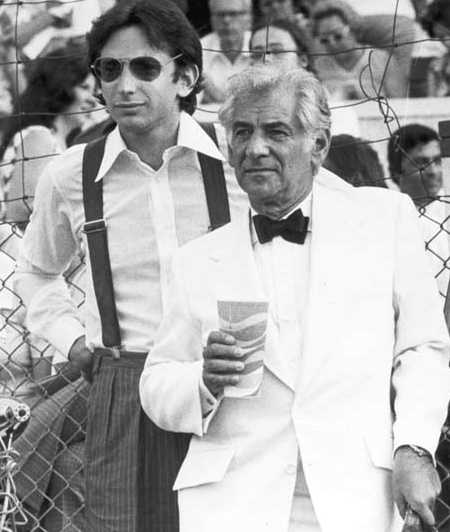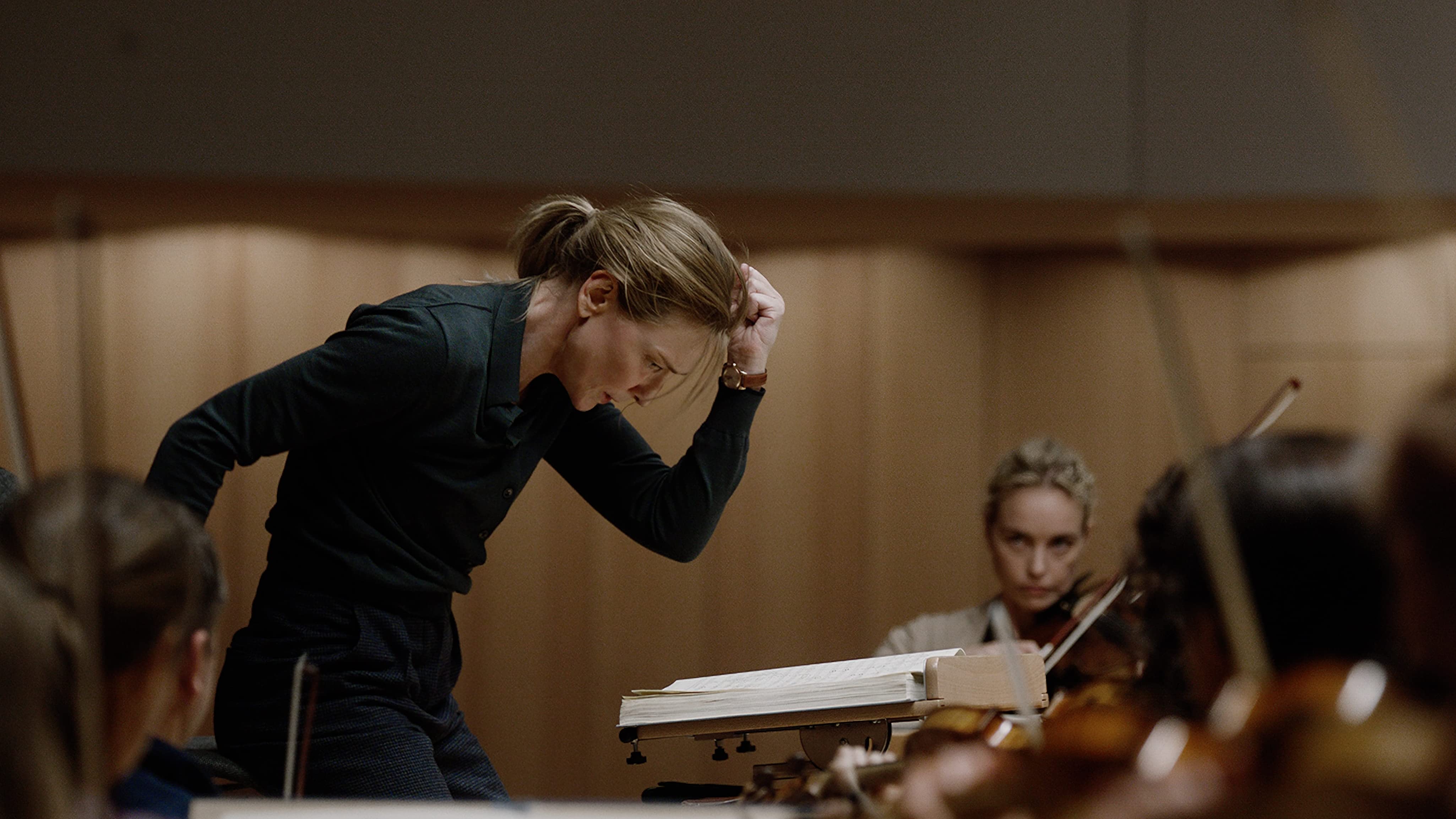Why aren’t US conductors good enough for US orchestras?
OrchestrasThe New York Times has a periodic wringing of hands:
… Four of the 25 largest ensembles in the United States have an American at the podium, and at the nation’s biggest, most prestigious orchestras, American music directors are entirely absent….
…(Jonathon Heyward is one of those four American maestros at the largest ensembles today, along with Michael Stern in Kansas City, Giancarlo Guerrero in Nashville and Carl St.Clair at the Pacific Symphony in California).
… A number of vacancies loom: Roughly a quarter of the music directors at the top 25 largest orchestras in the United States have departed or are planning to depart over the next several years, in Los Angeles, Chicago, Cleveland, Cincinnati, Seattle and Salt Lake City.
Read on here.






Comments